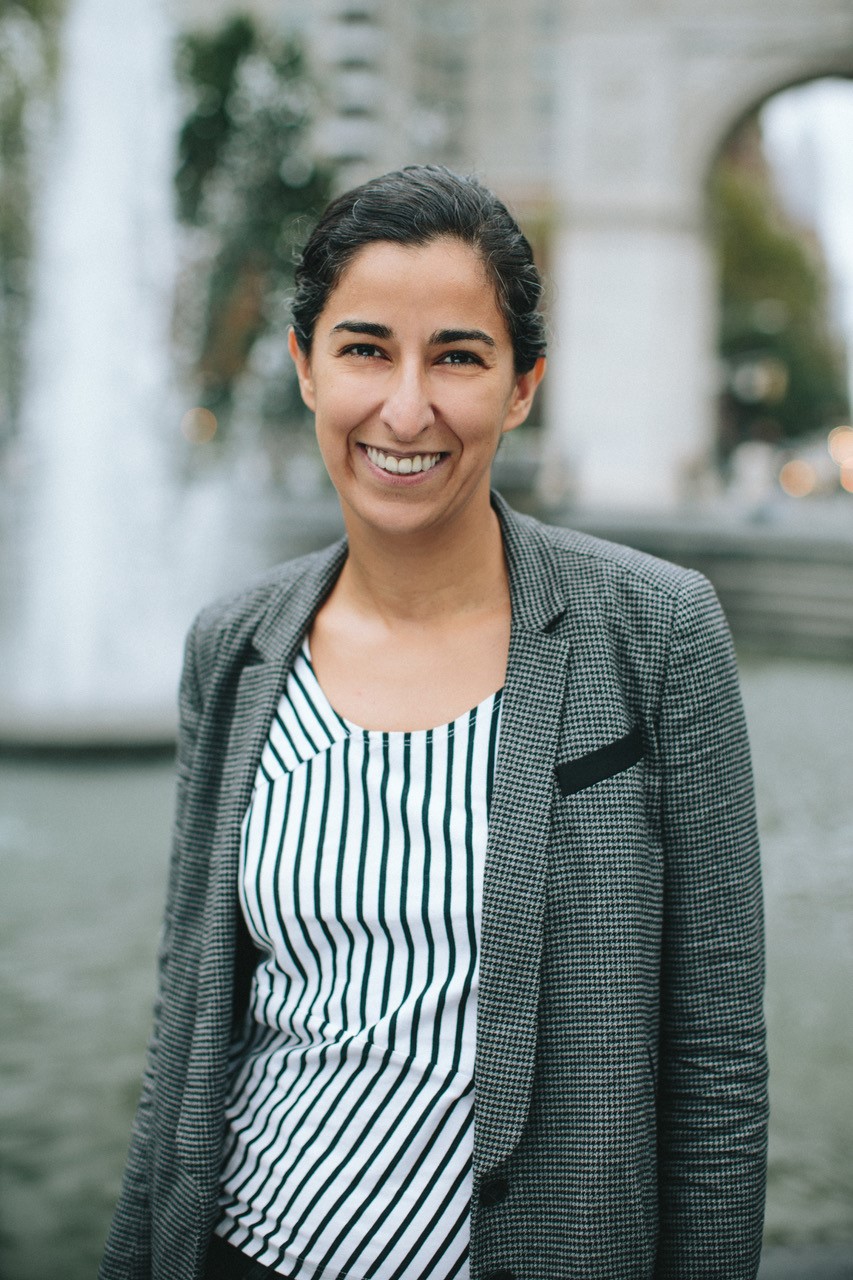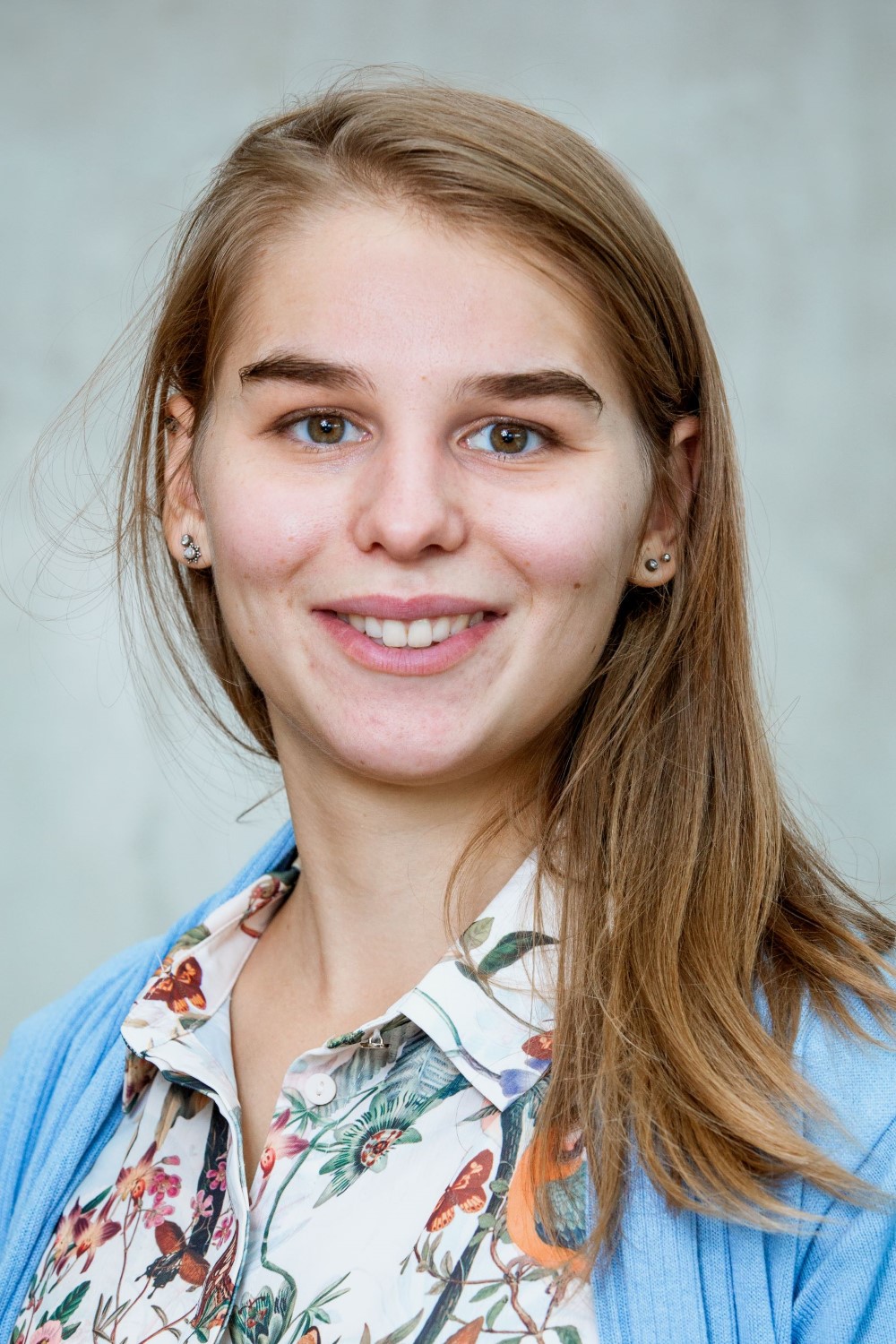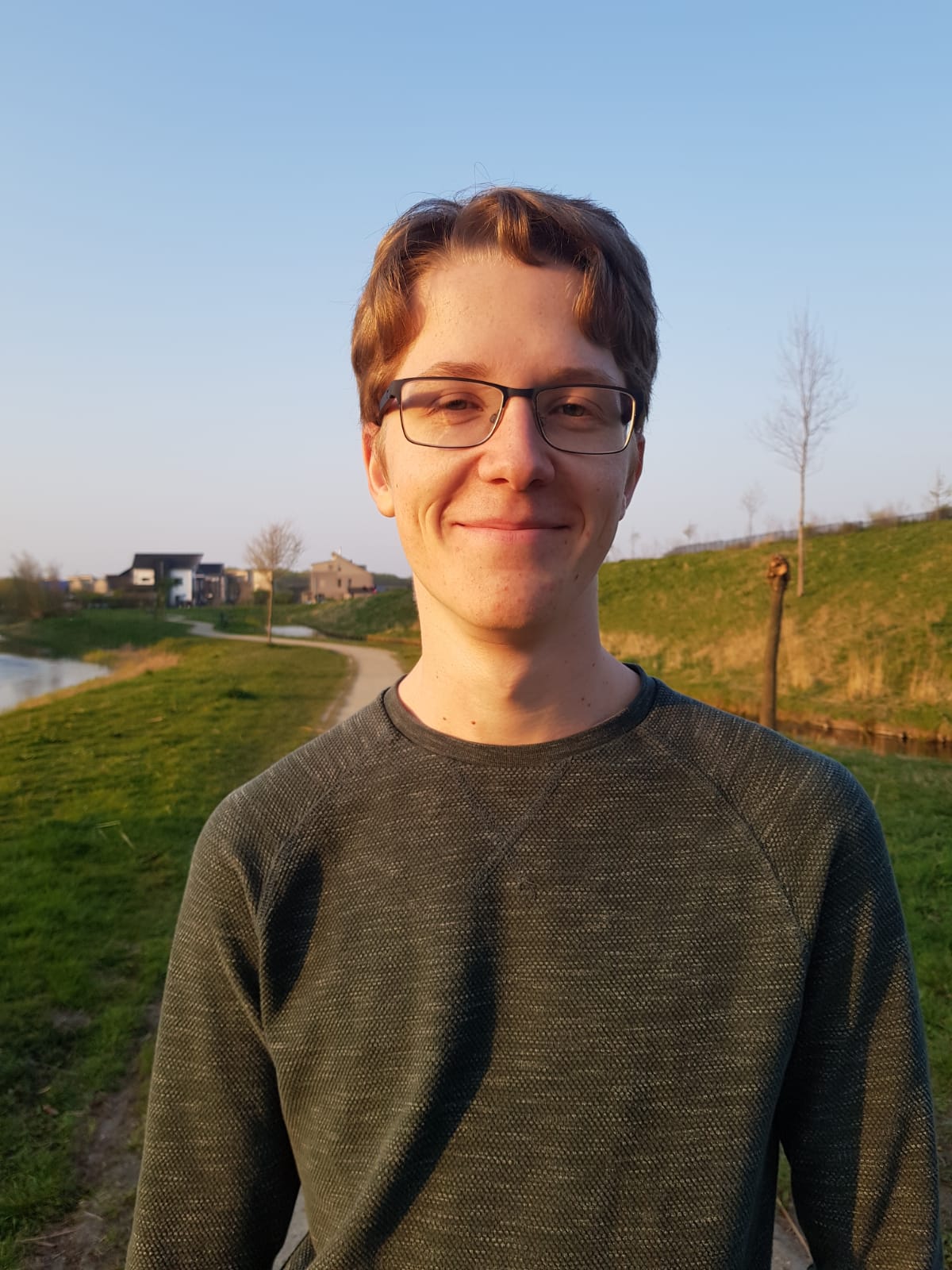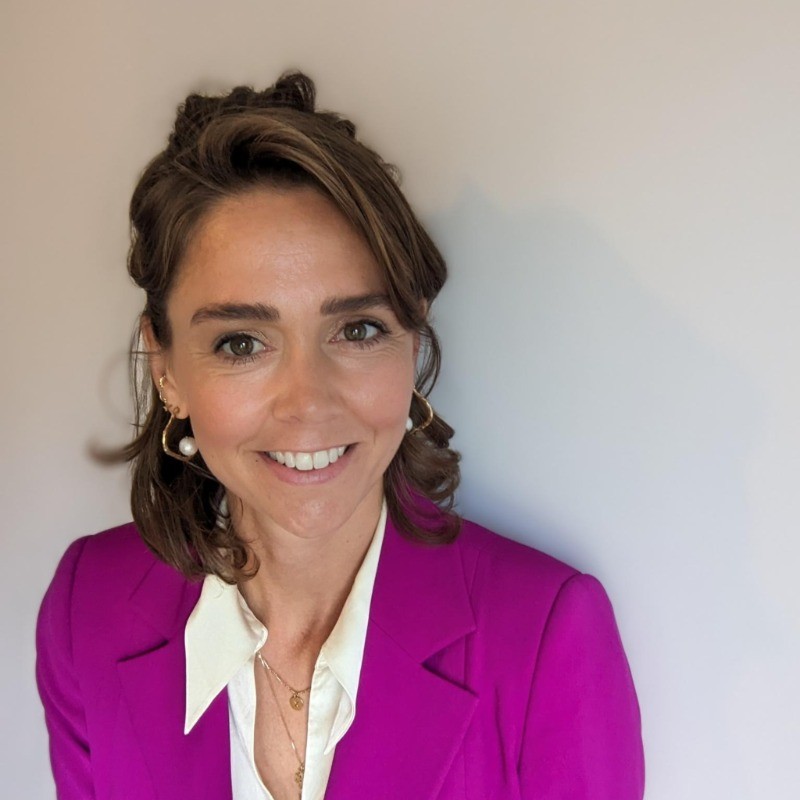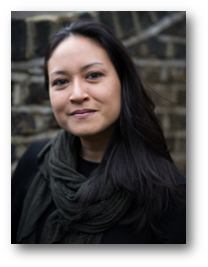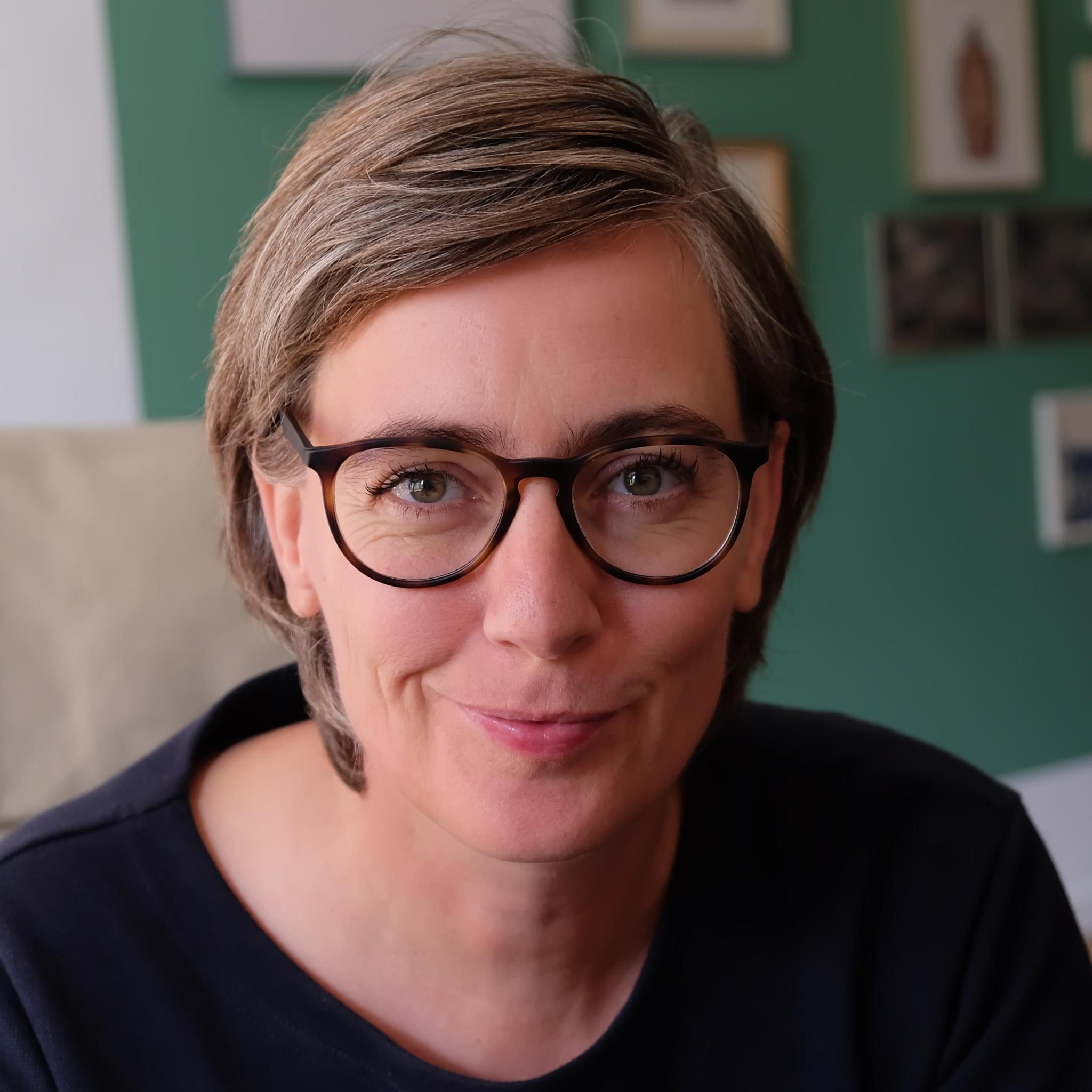Programmable Infrastructures Project
Programmable Infrastructures Project
We use the term "programmable infrastructures" to refer to the political, economic and technological vision that advocates for the introduction of computational infrastructure onto our common infrastructures. The Programmable Infrastructures Project aims to conduct investigations into this large scale transformation with the ultimate objective to identify ways to engage and shape the course of these developments so that we can continue to have democratically managed infrastructures that serve the public interest.
News items
PIP at the European Privacy Law Scholars Conference
Thijmen van Gend, Donald Jay Bertulfo, and Seda Gürses of the Programmable Infrastructures Project (PIP) will discuss their ongoing work…
Recap: the Tech and Society Summit
On October 1, 2024, Bernd Kasparek, Seda Gürses, and Thijmen van Gend of the Programmable Infrastructures Project (PIP) attended the Tech…
New vacancy: Assistant/Associate Professor position on Programmable Infrastructures
We are excited to announce that the Organisation & Governance Section in the Department of Multi-Actor Systems at the Faculty of Technology,…
Related information
Events
24 October 2024 00:00 till 23:59
PIP at the European Privacy Law Scholars Conference
PIP at the European Privacy Law Scholars Conference 24 October 2024 00:00 till 23:59 | Add to my calendar On October 1, 2024, Bernd…
01 October 2024 00:00 till 23:59
Recap: the Tech and Society Summit
Recap: the Tech and Society Summit 01 October 2024 00:00 till 23:59 | Add to my calendar On October 1, 2024, Bernd Kasparek, Seda Gürses,…
01 October 2024 00:00 till 23:59
A civil society summit on tech, society, and the environment
A civil society summit on tech, society, and the environment 01 October 2024 00:00 till 23:59 - Location: Brussels, Belgium | Add to my…
Team
Team members
Seda Gürses
Seda Gürses is an Associate Professor in the Department of Multi-Actor Systems at TU Delft at the Faculty of Technology Policy and Management (TPM), and an affiliate at the COSIC Group at the Department of Electrical Engineering (ESAT), KU Leuven. Previously she received post-doctoral fellowships at COSIC, KU Leuven (BE), Center for Information Technology and Policy (CITP) at Princeton University (USA), at the Media, Culture and Communications Department at NYU Steinhardt and at the Information Law Institute at NYU Law School (USA). Her current research focuses on questions around how changes in the business of computing and the production of software has lead to our current day computational infrastructures (cloud computing and mobile devices as their accessories) concentrated in the hands of "big tech" companies. Further topics she is currently occupied with include privacy engineering, fairness/debiasing and quality requirements towards data pipelines. Read more about Seda on her personal profile
Donald Bertulfo
Donald is a PhD candidate at the TPM Multi Actor Systems Department. He works with Dr. Seda Gürses (daily supervisor) and Prof.dr. Michel van Eeten (promotor) on topics related to the programmable infrastructures agenda, particularly the interaction of agility and computational infrastructures and its consequences in production modes and organizational arrangements. He holds undergraduate degrees in economics and psychology, and a master’s degree in applied mathematics. Prior to TU Delft, he worked as an economics researcher at the Asian Development Bank, focusing on the macroeconomic measurement of global value chains and its implications to jobs and technology, among others.
Agathe Balayn
Agathe Balayn is a postdoctoral researcher both in the Department of Multi-Actor Systems at the Technology, Policy, and Management (TPM) faculty at TU Delft, and in the Software Technology Department of the Computer Science (EEMCS) faculty at TU Delft. Prior to that, she studied at the same university as well as at the ENSTA ParisTech Institute Polytechnique de Paris (France). Her research is focused on uncovering, understanding, and mitigating some of the harms that the deployment of machine learning (ML) systems into society can raise, using a mixed-method approach. She is particularly interested in critically studying the gap between ML research and ML practices, looking beyond the ML fairness framework to investigate, e.g., harms stemming from the understudied but complex production of ML models, and in developing solutions for this gap and harms, going from literature surveys and policies for ML technologies to supportive tools for ML practitioners.
Thijmen van Gend
Thijmen initially joined the team as Teaching Assistant for the course “Introduction to Cloud as Infrastructure: The effects of the new business of computing on practice” (TPM030A at TU Delft) and now takes on the role of Project Assistant. He currently follows the MSc-programme Complex Systems Engineering and Management and has a strong interest in simulation modelling for socio-technical systems and in legal, economic and ethical dimensions of digital technologies.
Corinne Cath
Corinne Cath is a postdoc at the Multi Actor Systems section of the Faculty of Technology, Policy, and Management where she works with Dr. Seda Gürses. She is an anthropologist who studies the politics of internet infrastructure. Previously, Corinne was Vice President of Research at the Open Tech Fund, a US-based grantmaker focused on developing open-source technologies. She finished her PhD at the Oxford Internet Institute (OII), University of Oxford, in 2021, writing an ethnography of one of the oldest internet governance organizations: The Internet Engineering Task Force (IETF). Her postdoc is part of the OCW-funded Gravitation Program Public Values in the Algorithmic Society (AlgoSoc). As part of Algosoc, she works with Dr. Gürses and Professor Linnet Taylor (University of Tilburg). Corinne works on questions of computational infrastructure (cloud computing and mobile devices) in the context of the administration of justice. Her current research focuses on how cloud computing is transforming the internet, the consequences of these transformations for public institutions—and the adequacy of existing technology policy efforts that touch on cloud computing.
Collaborators
Martha Poon
Martha Poon is an interdisciplinary social scientist who researches and writes about the growing relationship between computational infrastructures and financial systems. She has been affiliated to the Centre de sociologie de l’Innovation (Mines ParisTech), Institute for Public Knowledge (New York University), Centre for the Analysis of Risk and Regulation (LSE), Department of Anthropology (The New School), Data & Society Research Institute, Institute for New Economic Thinking, and the Committee on Global Thought (Columbia University).
Femke Snelting
Femke Snelting develops projects at the intersection of design, feminisms, and free software. In various constellations she works on re-imagining computational practices in the interest of flourishing many forms of life. With Seda Gürses, Miriyam Aouragh, and Helen Pritchard, she runs the Institute for Technology in the Public Interest (TITiPI). Together they convene communities to hold computational infrastructures to account and to articulate what technologies in the “public interest” might be. With Helen Pritchard and Jara Rocha, she activates The Underground Division, an action-research collective that investigates technologies of subsurface rendering. With Constant, association for arts and media, she initiated collective research projects, digital tools, methods and publications (until 2021). With Jara Rocha, she edited Volumetric Regimes: Material Cultures of Quantified Presence (OHP, 2022). Femke supports artistic research at a.pass (Brussels), PhdArts (Leiden), MERIAN (Maastricht) and regularly teaches at XPUB (Rotterdam). Read more about Femke on her personal profile
Nishant Shankar
Nishant is a PhD candidate at the Multi Actor Systems section of the Faculty of Technology, Policy, and Management, where he is advised by Dr. Seda Gürses and Prof. Martijn Warnier. A part of the Programmable Infrastructures research group, he focuses on the political economy of software development and operations in computational infrastructures. His research interests include the business of cloud computing, developer tooling, and mobile devices. He has a background in computer science and engineering, and worked on natural language processing and human computer interaction during his masters.
